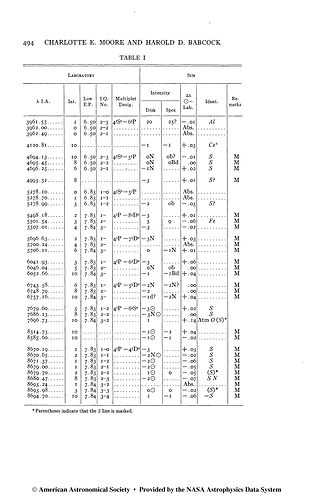Capable wrote:
I see the cause of the earth-rape as not globalism or globalization but simply the tragedy of the commons on a massive scale: this has happened before, check out the history of Easter Island, it’s pretty interesting. They completely wiped out their vegetative environment in order to build those massive statues, in some kind of obsession and ended up collapsing into starvation due to environmental ruin. It’s essentially the fact that in a society or situation/world of many different, individual self-valuings there is an inherent lack of values-overlap when it comes to the most abstractly shared, given spaces. Classic example is public grazing land, each farmer values not over-grazing the land for his own cattle due to wanting to preserve the space, but he knows the other farmers feel the same way, therefore he can squeeze out marginal extra value foe himself by secretly over-grazing or only slightly over-grazing; of course every other farmer thinks and does the very same thing, and the plot of land is consumed.
The reason I attribute earthrape to globalism is that globalism is driven by un-earthy motivations; it being beyond nationalism, which is fundamentally a love of the soil and physical values and qualities, of locality, which is the locus of self-valuing as a principle, it isnt able top be contained by earthly, earthy values. It simply has no impetus to stop destroying the world; it was never founded on, never made contact with earth. It is purely theoretical wealth, money-derivatives, coercion schemes, that drive globalism and anchor it in reality.
This is why I say it must be almost entirely reversed before it can be sanely implemented.
Quote :
I don’t see how self-valuing alone can address this problem. In this sense we must understand a self-valuing as a reflection of its society/history/culture/family. The ‘self’ of a self-valuing is not irreducibly complex nor is it given, nor is it immutable, nor is it a-historical.
I’d note that the principle itself is almost a-historical, that is to say a property of pure synthetic logic (where synthetic logic is still a historicity); but that indeed no manifestation of the principle is separate of its environment; of the substance that it assimilated into its ‘self’ (a term I dont take too heavily).
The principle helps in as far that no logical approach is possible without it. That it does not by itself unfold as an approach, that is what Ive been discovering the past years; what VO requires is that one becomes radically, ‘objectively’ subjective. This is the agent that builds the objective world, that hones it, sculpts it.
The perspective of power is the final objectivity. The whole of the world is shape-shifting every electronic instance and in different ways as seen from any perspective, more so as the perspective is more substantial.
Quote :
I absolutely do not want to undermine the notion of self-valuing but I do want to condition it to the actual, real causes that bring it into being, namely the language, ideas, experiences it is exposed to upon being born and growing into itself. And this gets to my positive vision of a possible globalism that is by, of and for individual human self-valuing while also providing the highest possible social construct at the planetary level capable of preventing tragedy of the commons type problems.
This conditioning to the actual is the aim. Has been the aim. As I said above, I have discovered, not without frustration, that the actual can only be conditioned (with philosophical consistency and ‘lastability’) by example.
We’ll actually have to demonstrate that our philosophy is superior. This is the only way to get it implemented into actuality. And that is what Ive been trying to sniff out the past years; the path to take.
After close to a year of conclave with Pezer I am quite close to having discerned where that path starts.
Quote :
Right now absolutely nothing can prevent tragedy of the commons problems. Current globalism has little to no interest in it, and absent a global capacity to act in concert self-valuings alone are incapable of preventing it either; it is in the nature of a self-valuing to try to squeeze out more marginal value where logically possible, this impulse must be rationally, moderately tempered by what we call society, “global” constructs and systems. To me it’s always about a balance between these, balance between individual and social and that balance always striving to become more accurate and ideal over time.
I disagree. I think it must be kept in check locally only. For several reasons; one of which is the important factor that at no point in history has globalism leaned to being successful in reducing misery. The main reason though is pure self-valuing logic; I would never take orders from a global state, Id much rather die. That is the glory of humanity; we arent tied to our survival to uphold our values. The idea of fighting to the death against the globalist machine is pure joy. It is fighting for everything I love in a very direct way; I love animals, I love plants, I love molecules, I love humans. All of which grow, orient, live, love and die locally.

